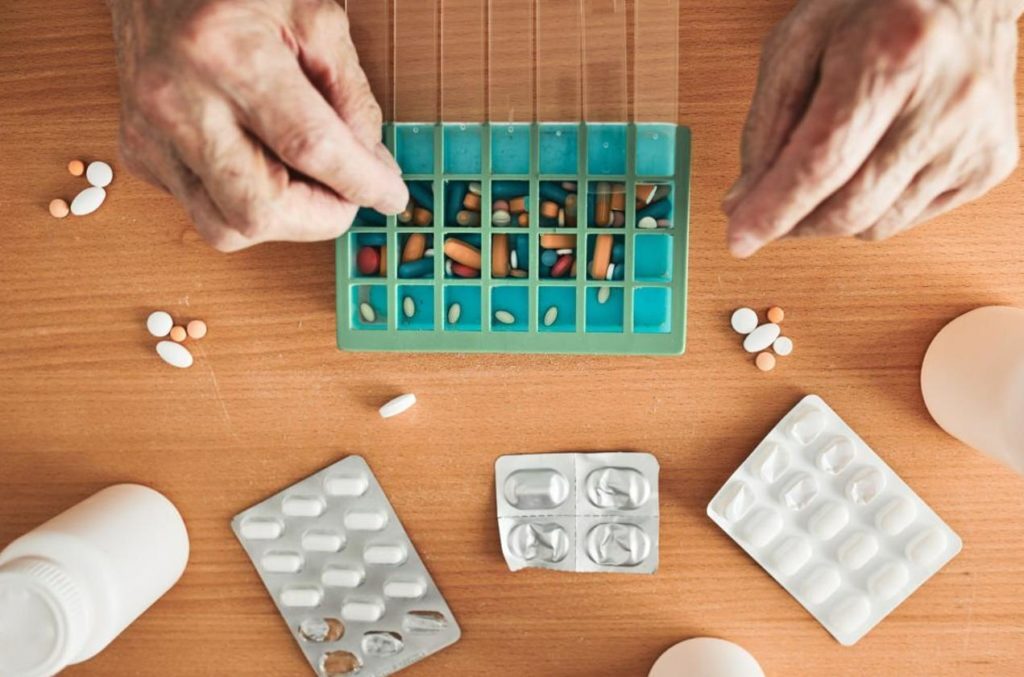Some of the most commonly used pain and fever medicines, such as morphine, paracetamol, ibuprofen, and aspirin, have been found to increase vulnerability to infections like COVID, while others may hold promise for improving our immune response, says new study.
The findings show that some of these commonly prescribed drugs have the potential to help combat both old and novel infectious diseases, others hinder immune responses.
With an emphasis on infectious diseases, the largest clinical assessment of immunological responses to paracetamol, non-steroidal anti-inflammatory drugs (NSAIDs), and opioid analgesics has revealed unanticipated consequences of these widely used drugs.
The findings show that some of these drugs have the potential to help combat both old and novel infectious diseases.

Although most of the study into these medications has concentrated on their effects on pain and fever control, their impact on the treatment of infectious disorders was unknown until today.
The findings point to the need for greater research in this under-appreciated field of study, which has far-reaching ramifications.
The most important findings of the clinical review
- For pain: Morphine suppresses key cells of the immune system and increases the risk of infection, particularly after cancer surgery.
- For fever: Antipyretics – e.g. Paracetamol, Ibuprofen, Aspirin – can reduce the desirable immune response when taken for vaccination.
- Aspirin could be an affordable and accessible therapeutic option for tuberculosis – which mainly afflicts poor countries, with beneficial results shown in animals and humans.
- Anti-inflammatory medicine indomethacin may reduce viral replication in Covid-19 but large-scale human trials are needed.
Researchers from the University of Sydney’s Faculty of Medicine and Health chose a ‘clinical’ evaluation to have a broader scope in which to synthesize the available evidence, emphasizing the significance of more research and trials in the field of infectious disease responses.

The study was unplanned, and the results were unexpected, according to main author Christina Abdel-Shaheed, who explained that they were initially interested in examining the effects of paracetamol (acetaminophen) during the pandemic, when people stockpiled the drug in the early months of COVID-19.
“We decided to study painkillers and fever medications generally and were amazed by what we found,” said the author.
“In 14 years of studying pain, this is the most important research I have been involved in.”
“Our review shows some of the common pain and fever medications may work with the immune system to fight infection, whereas others work against it and increase the risk of contracting or responding badly to infectious diseases,” added Dr. Christina Abdel-Shaheed.
“Taking paracetamol or ibuprofen before or immediately after vaccination – for example for COVID-19 – to try to prevent mild fever or headache is not recommended, because this could reduce the body’s desirable immune response to the vaccine.
“For chickenpox, use of ibuprofen is not recommended as it might increase the risk of secondary bacterial skin infections.”
“Morphine – one of the most commonly used opioid analgesics in post-surgical and critical care – suppresses key innate immunity cells, thereby increasing the risk of infection,” highlighted Dr. Justin Beardsley, an infectious disease specialist at Westmead Hospital and a researcher with the Sydney Institute for Infectious Diseases.
“This is particularly the case with cancer patients, who are already vulnerable to COVID-19.
Source: 10.1111/bcp.15281
Image Credit: Getty
You were reading: Some common drugs can make our immune system weak, more vulnerable to COVID-like infections
